By Kudakwashe Matambo
Leaders of various academic and non-governmental institutions attending the National Conference on Human Trafficking 2019 committed to ‘working together’ with government departments ‘to fight trafficking in persons (TIP).’
The key resolution that the delegates made is to do more research and collaboration, which is critical in fighting this ‘heinous crime on earth’ which has affected hundreds of desperate and unsuspecting male and female victims.
The conference, held at Arrupe Jesuit University on the 24th of June 2019, was organized by Arrupe Jesuit University’s department Africa Forum for Catholic Social Teaching (AFCAST) in partnership with the Nottingham University in the United Kingdom.
Multiple stories shared by survivors of ‘external’ human trafficking touched the hearts of delegates and prompted the call for greater awareness about human trafficking to members of the public.
Explaining the work of the Zimbabwe TIP Secretariat, Chiedza Bindu, said ‘human trafficking is a complex phenomenon since it involves multiple criminalities hence ‘action, means and purpose’ are key in determining the cases.
The crime of TIP occurs “when a certain action, which includes any of recruitment, transportation, transfer, harbouring or receipt of persons, is done by the coercive or deceptive means for the purpose of exploitation.”
Mrs Anna Medeiros, the Migration and Development Coordinator of the International Organisation on Migration (IOM) highlighted the point that “understanding what qualifies as trafficking can be quite complex and can sometimes involve other criminalities, hence misconceptions about the crime are quite common.”
She further explained the dynamics about migration and trafficking in persons noting that “the migration process itself involves risks for the migrants like the loss of documents, severe psychological diseases and exploitation.”
In the conference’s deliberations, delegates generally agreed that although both males and females traffic persons and can be the victims, ‘more attention is needed to assist women’ as current figures reflect their vulnerability.
Despite the complexity of defining and detecting human trafficking, the Zimbabwe Republic Police called on all members of the public, and relevant stakeholders to work together with the police to “detect and report cases of human trafficking.”
“Let us work as a team, let us not point any fingers on anyone – we can address human trafficking together,” said Maria Phiri from the Zimbabwe Republic Police.
The Police called for ‘all relevant stakeholders to work towards successful detection and reporting of trafficking cases.’
Since TIP is a crime, the police indicated that the greatest challenge is the multiple criminalities involved and the unwillingness of victims to report and testify.
The workshop was attended by government officials from ministries of Higher and Tertiary Education, Foreign Affairs and International Trade, Home Affairs, Secretary to the Papal Nuncio Monsignor Gabriele Pesche, and representatives of the Nottingham University among other stakeholders.
Addressing the delegates, the Political Officer of the United States Embassy, Ms Cara Rose, congratulated Zimbabwe for being ranked in tier 2 in the 2019 Trafficking In Persons Report released by the United States Secretary of State.
According to the SADC Region Report on Trafficking in Persons for 2014-2016, “three cases were reported in the year 2014, whilst seventy-two (72) were reported in the year 2016” with the majority of persons trafficked to Kuwait. Zimbabwe launched the Trafficking in Persons Act in 2014.
While making a presentation on the efforts of the Zimbabwe Catholic Bishop’s Conference, the ZCBC Education Secretary, Sr Theresa Nyadombo said people ‘must break the culture of silence.’ She remarked that “everyone must break the culture of silence. We must have human trafficking awareness, a network of everyone playing our part in ending this and the key weapon is education where we can promote the values of peace, love and accountability.”
In a country with an ailing economy, more people, especially young people are prone to such criminalities as forced labour and human trafficking.
Mr Canisio Tanyanyiwa from the Ministry of Foreign Affairs and International Trade urged members of the public to consult relevant ministries about the credibility of institutions and companies often advertised online purporting to offer jobs and scholarships since many fall prey to such dubious claims.
AFCAST’s Administrator, Mrs Dadirai Chikwekwete said the conference was a milestone achievement as it managed to bring together various academic institutions and non-governmental organisations working against human trafficking. “The conference was a success, deep commitment and engagement from the participants,” said Mrs Chikwekwete. She also commended the victims of human trafficking for their bravery in sharing stories and for committing to be ‘advocates’ against the crime.

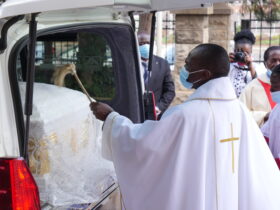
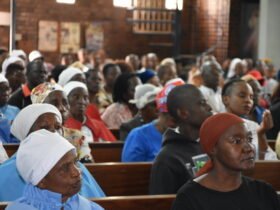
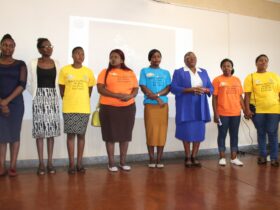
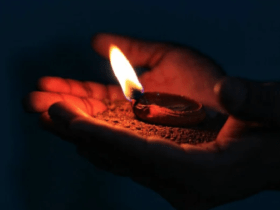
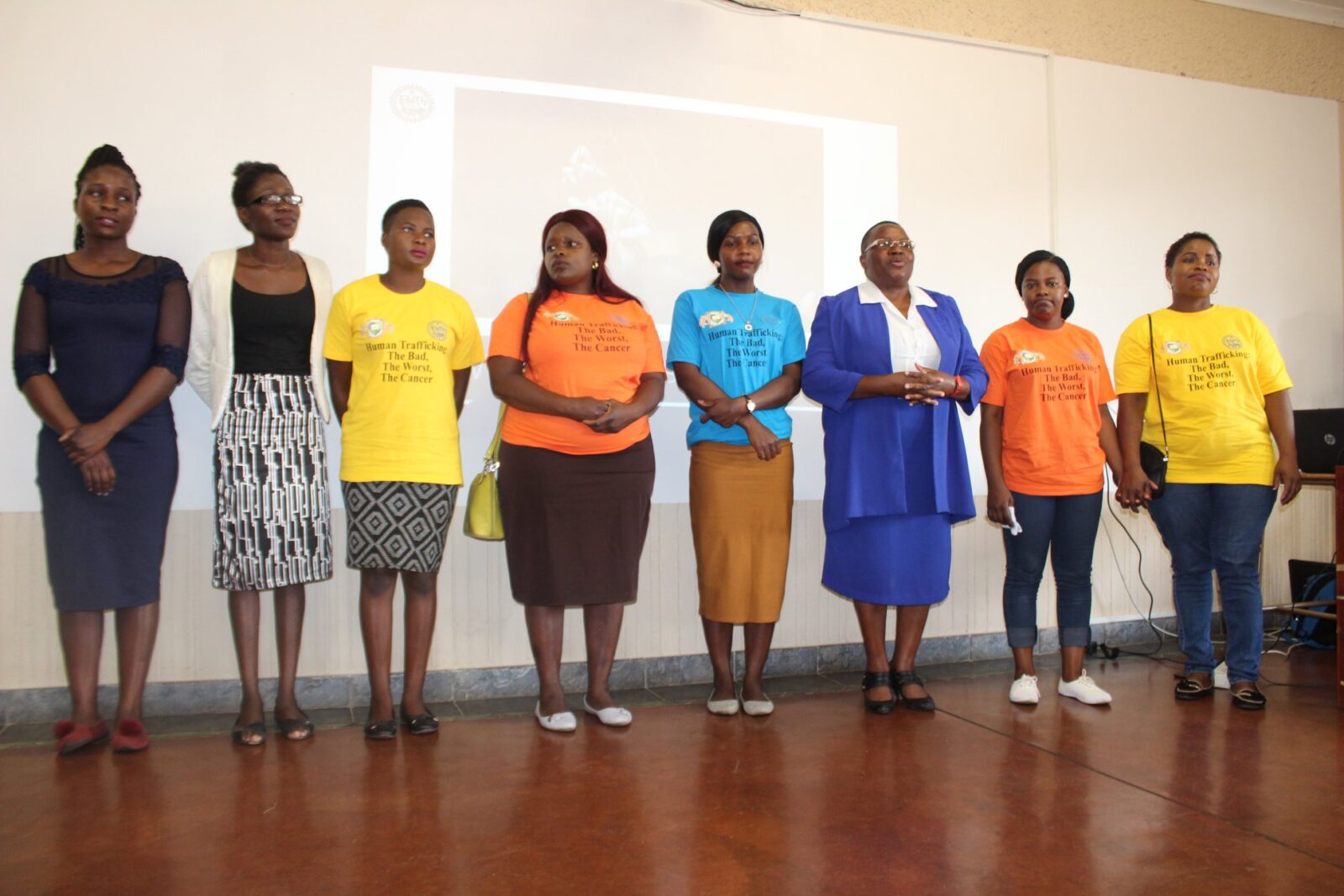
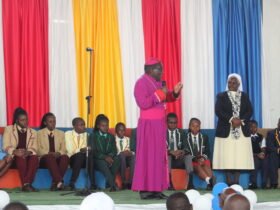
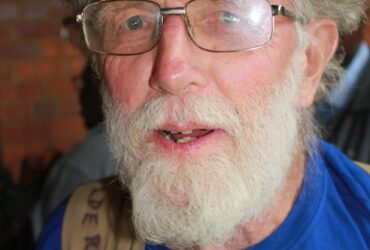
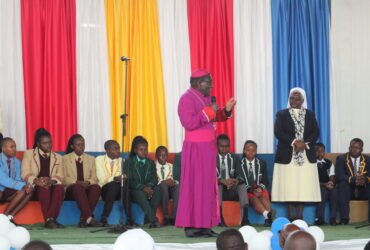
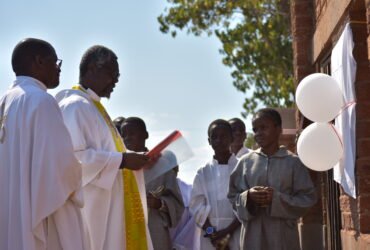
Leave a Reply